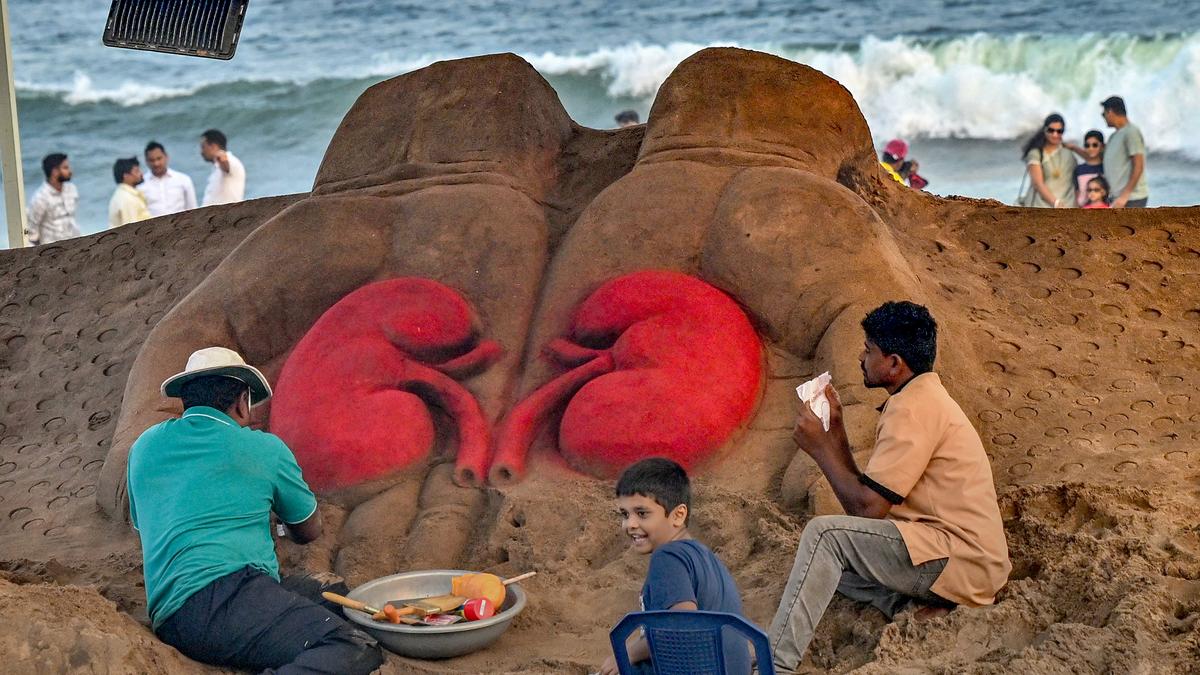The High Court of Karnataka has dismissed a petition filed by Sabeel Ahmed alias Motu Doctor, an accused in the 2012 Bengaluru terror plot case, who had questioned the trial court’s order of rejecting his plea against asking him to deposit ₹20,650 as travel and dearness allowance for summoning witness from Thiruvananthapuram again for cross-examination as his counsel had failed to cross examine on two earlier occasions.
Prosecution’s contention
“The facts and circumstances clearly support the prosecution’s contention that the petitioner is abusing the process of the Court by filing such applications only to procrastinate the proceedings,” the Court observed while imposing a cost of ₹10,000 on the petitioner-accused.
A division bench comprising Justice K.S. Mudagal and Justice Vijayakumar A Patil passed the order while upholding the trial court’s order of asking the petitioner accused to deposit TA and DA amount for issuing summons to a scientist who is working in Central for Development of Advanced Computing (C-DAC), Thiruvananthapuram in Kerala.
Meanwhile, the Bench noted that the trial was dragged for close to one year due to the conduct of the petitioner, who is a convict in the United Kingdom and Saudi Arabia, only due to his objections to paying expenses for summoning the witness for cross-examination.
Multiple visits
The trial court had said that the scientist had come to give evidence on multiple occasions, and two occasions, he had come specifically to face the cross-examination on behalf of the petitioner and other accused, but their counsel did not cross-examine him and sought adjournment.
The trial court had said that TA and DA of the present witness from C-DAC cannot reimbursed under the provisions of the Karnataka Payment by Government of Expenses of Complainants and Witnesses (Attending Criminal Courts) Rules, 1967 when they are summoned on behalf of the accused persons.
Published – November 20, 2024 05:56 am IST










![Best Weight Loss Supplements [2022-23] New Reports!](https://technologytangle.com/wp-content/uploads/2022/12/p1-1170962-1670840878.png)




